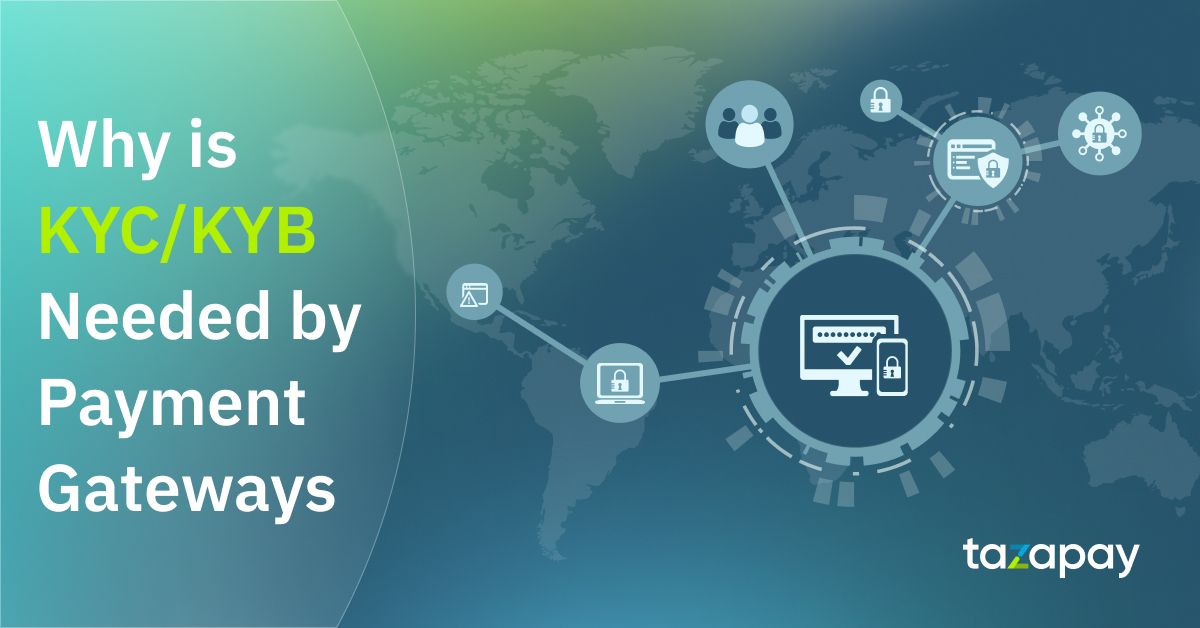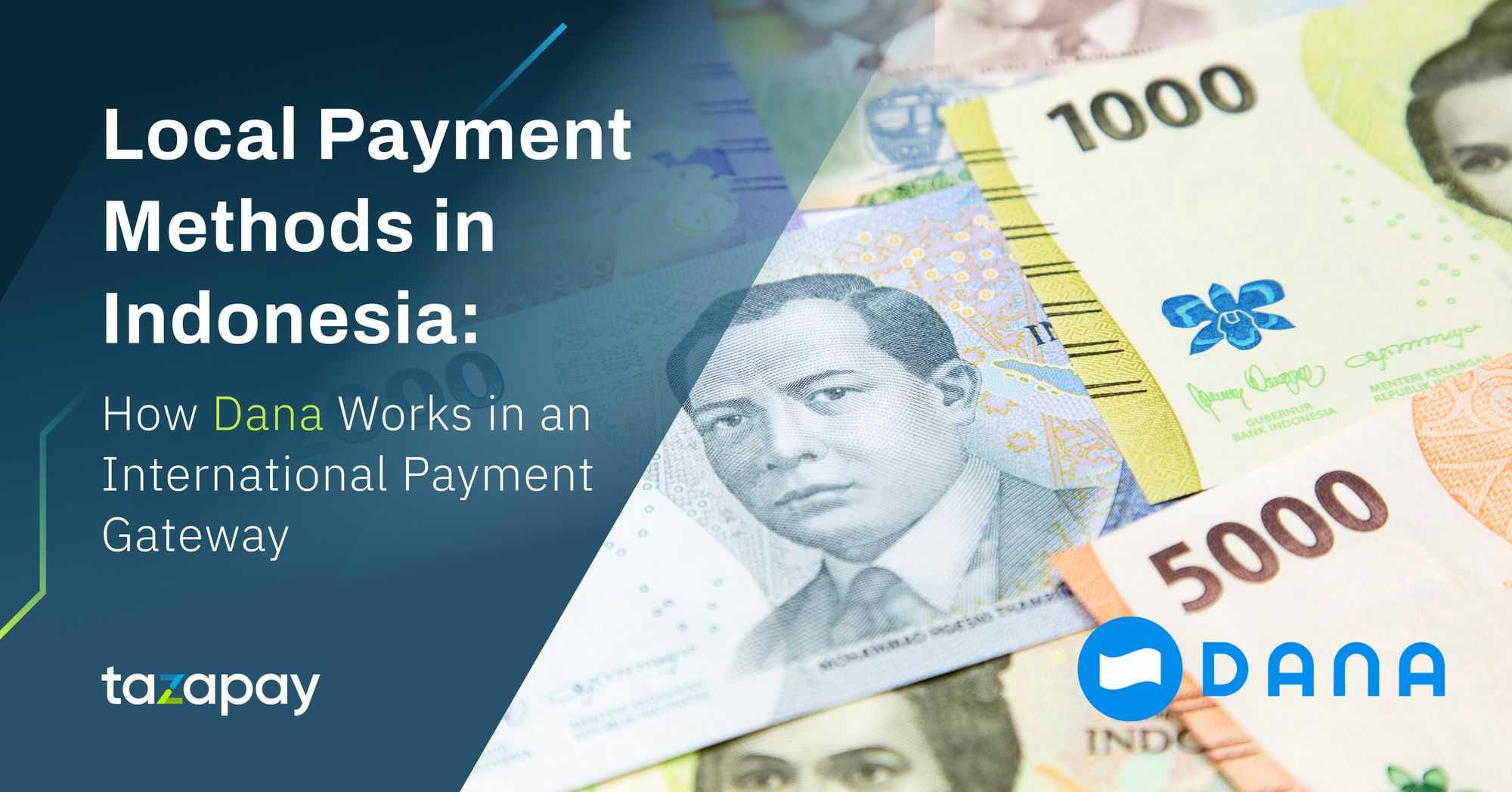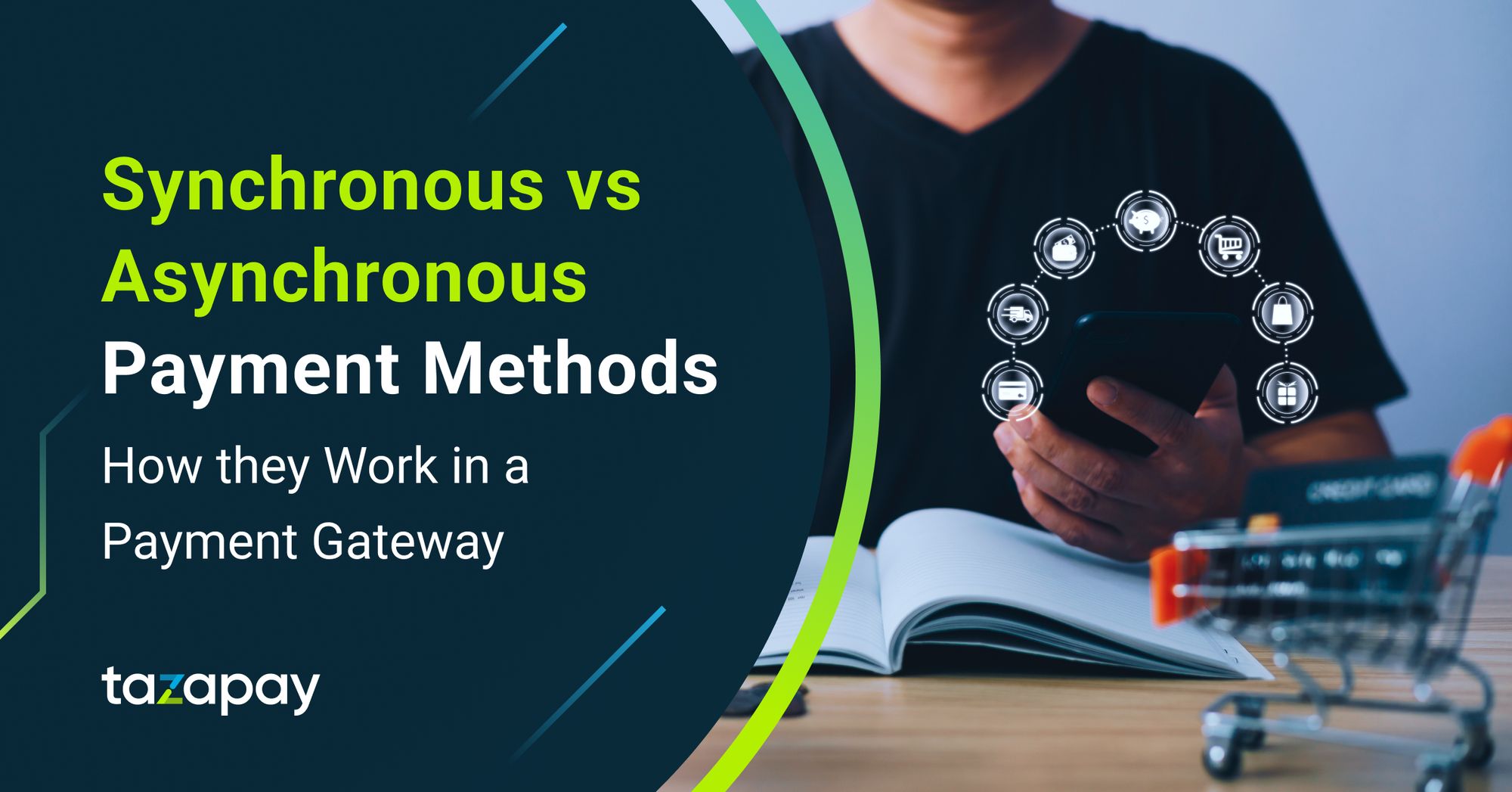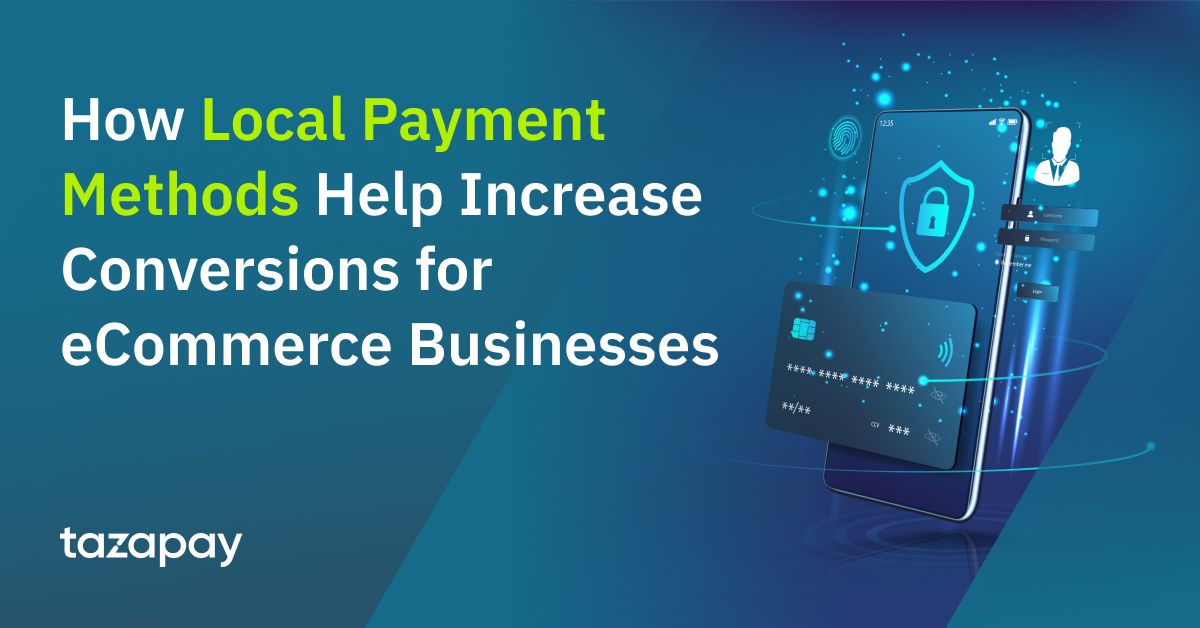- Home
Blog Blog
Payments Resources Payments Resources
Why is KYC/KYB Needed by International Payment Gateways
Why is KYC/KYB Needed by International Payment Gateways

Moving money is serious business. Financial regulations are numerous and strict as failure to comply can result in heavy fines. However, financial crime remains a constant threat, a factor that has only grown in severity with the ubiquity of digital financial services¹. In 2020 alone, fines for financial crimes such as money laundering, bribery, and sanctions ballooned to USD 4.67billion from USD 3.75 billion in 2019².
One of the key elements for preventing financial crime are KYC/KYB processes and they are fundamental for any business to have for the finance and payments industry to create a safe payment ecosystem. For payment platforms, instituting a robust KYC or KYB process helps to ensure that they remain clean from criminal activity. However, this process is also understandably troublesome for legitimate customers that are just searching for a payment provider to perform transactions on their behalf, especially since anti-money laundering (AML) laws differ from country to country and may vary in stringency.
Given these factors, knowing more about KYC/KYB is incredibly helpful because it will increase your knowledge on what to expect as you register with a payment provider or payment gateway.
With payment solutions designed for marketplaces, SaaS platforms, exporters and importers, and service providers, make the world your market with Omoney. Contact us today!
What Is KYC?
KYC is an abbreviation for Know Your Customer. It is an identity verification regulatory requirement that banks, fintechs, and other financial institutions need to fulfil whereby they verify their customers’ identities prior to opening their accounts⁴. There are a variety of methods for implementing KYC processes but they all revolve around the core principle of verifying the identity of the customer. A common KYC process that you may have encountered before is the requirement to submit a set of information and documents to confirm your identity such as your proof of identity, your proof of address, full name, unique identification number, date of birth, and current residential address.
In this present global pandemic, eKYC processes are seeing more and more use as most of the world’s population find themselves either working from home or drastically reducing their face-to-face interactions⁴. eKYC works similarly to KYC except it is better tailored for the online environment with their own online identity verification APIs⁵.
What is KYB?
KYB, or Know Your Business, is essentially similar to KYC except it is geared towards addressing businesses as customers, usually companies and suppliers¹. As such, there may be more paperwork and red tape involved since such processes must be suitable for dealing with a legal entity as opposed to a single individual. This is because the UBOs (Ultimate Beneficial Owners), or the ultimate beneficiaries when an institution makes a transaction, can be hidden from business entities instead of paying to an individual that is known directly⁶.
Therefore, the verification process in a standard KYB may include additional documentation such as the entity’s registration proof, their proof of address, business name, unique identification number, date of incorporation, address of Principal Place of Business, and details of any representatives and UBOs.
As with eKYC, there is also eKYB which offers digital solutions in KYB to decrease bureaucracy and bring costs down¹.
Why is KYC/KYB Needed to Complete My Payments from Online Payment Providers and Gateways?
Aside from being mandatory in most countries for any business to implement these processes, KYC/KYB is needed to ensure that the payment provider does not become complicit in criminal activities ranging from fraud and money laundering to financing terrorist activities. Moreover, this also helps to maintain a safe and secure payments ecosystem for users on the platform, thereby ensuring that any transacting parties are confident in the other.
Payment platforms with strong KYC or KYB protocols and processes may also be able to catch, or prevent, instances of criminal activity before they can cause real damage and harm to both users and businesses alike.
Does the Process of KYC/KYB Differ if I’m Using an Escrow Solution Instead of an eCommerce Payment Gateway or Payment Checkout?
In simple terms, no. Escrow payments–especially high-value transactions–tend to have a more hands-on process in place to ensure that the transactions processed are smooth and that both transacting parties are sufficiently protected from fraudulent sellers or non-paying buyers.
This is due to the fact that escrow involves the use of a third party to hold on to the payment as a means to ensure that the payment only goes through once the transaction is verified to be completed and satisfactory under the contractual agreement that both transacting parties have agreed to prior.
While this may have more protection for payments compared to a regular checkout service, escrow services are not exempt from KYC/KYB processes in order to verify the transacting parties. The steps taken and documents needed for these processes often remain the same throughout.
If I Open a Omoney Account, When am I Expected to Complete KYC/KYB?
When you open an account with Omoney, you are expected to complete KYC/KYB anytime before you are due to receive your payment. As a seller, this means that it will be prior to receiving your payment from your buyer. If you’re a buyer, this process is prompted whenever you initiate a refund or chargeback.
If you are worried about repeat processes, don’t worry. These are only one-time processes so you can be assured that future transactions will not require this hassle.
Now that you are more knowledgeable about KYC/KYB, you have nothing to worry about the next time you go through these processes as they are part of the onboarding steps for any payment platform. However, if you feel the need for greater assurance, then look no further than Omoney!
With operations in over 173 countries licensed by FINTRAC in Canada and our processing partners accredited by the Monetary Authority of Singapore (MAS), Omoney is committed to ensuring that your transactions are taking place in a secure payment ecosystem.
Get the assurance you need from Omoney today! Contact us to find out more.
Sources
- What is Know Your Business (KYB) and its relation to KYC (electronicid.eu)
- AML Fines 2021: Regulators Continue to Be Strict with Enforcement amid COVID-19 - Tookitaki : Tookitaki
- AML5: The new Anti-Money Laundering Directive (electronicid.eu)
- What is KYC (Know Your Customer) and its 2021 status (electronicid.eu)
- Online identity verification: the online global verification identity process (electronicid.eu)
- What is an Ultimate Beneficial Owner (UBO)? | SWIFT - The global provider of secure financial messaging services
Category

Payments Resources
Why is KYC/KYB Needed by International Payment Gateways
Related Articles

Local Payment Methods in Indonesia: How Dana Works in an International Payment Gateway







